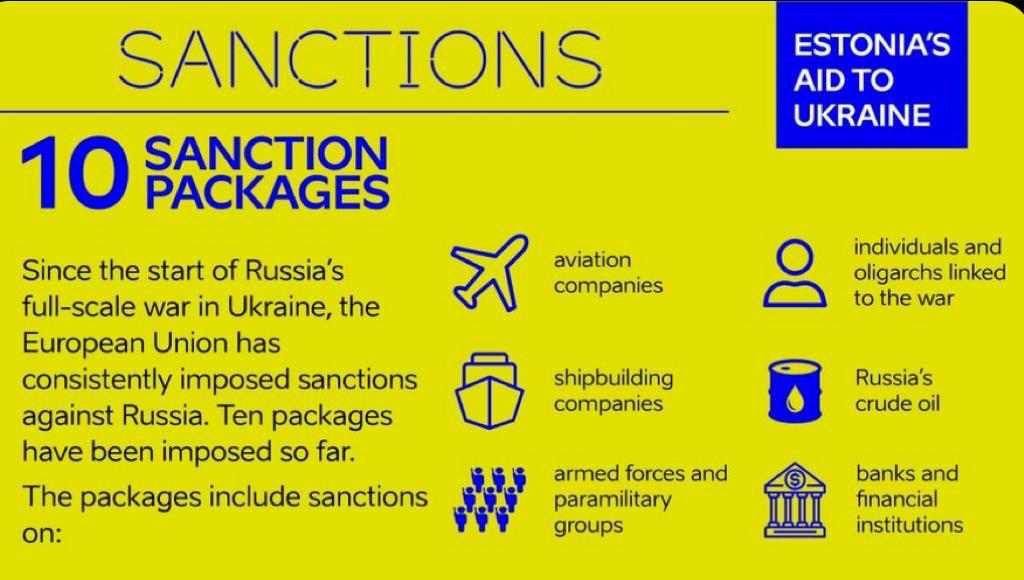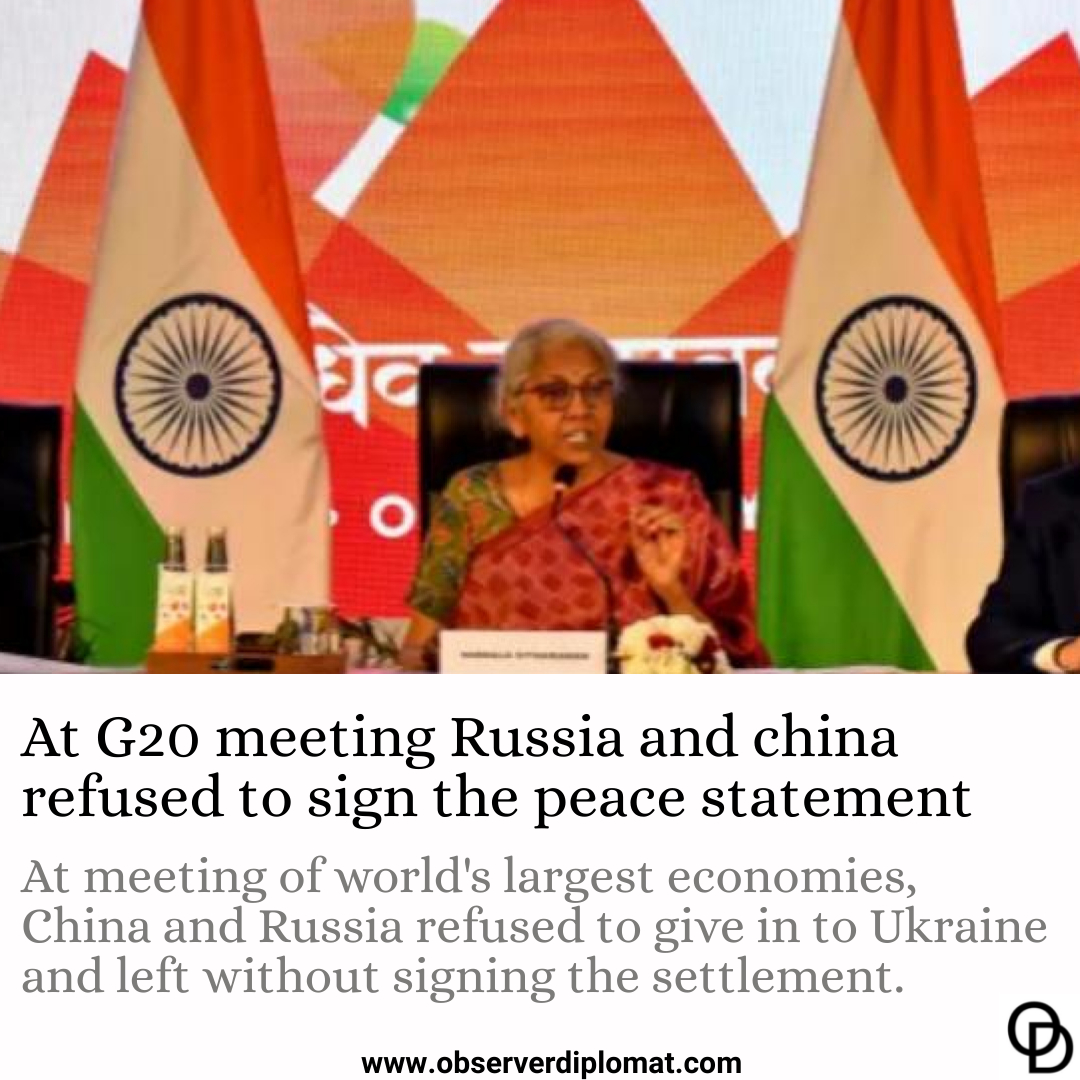The Council has adopted a new 10th package of sanctions against Russia and those that support it in its illegal aggression against Ukraine. This package is turning up the pressure in response to Putin’s brutal war, including viciously targeting civilians and critical infrastructure. In order to further increase the effectiveness of EU sanctions, today’s package contains new listings plus trade and financial sanctions, including further export bans worth more than €11 billion, depriving the Russian economy of critical tech and industrial goods. This package contains the following elements:
The EU has added about 120 individuals and entities to our sanction list, including Russian decision-makers, senior government officials and military leaders complicit in the war against Ukraine.
The list also includes key figures involved in the kidnapping of Ukrainian children to Russia, as well as organisations and individuals, who are polluting the public space with disinformation, adding to the military warfare through information warfare.
Measures are also taken against individuals in Iran who are involved in the elaboration of drones and components supporting Russia’s military.
New export restrictions have been introduced on sensitive dual-use and advanced technologies that contribute to Russia’s military capabilities and technological enhancement. This includes additional electronic components used in Russian weapons systems (drones, missiles, helicopters, other vehicles), as well as bans on specific rare earths and thermal cameras with military applications.
Additional export bans are now also imposed on goods that can be easily redirected to be used to support the Russian war effort including:
Vehicles such as snowmobiles, goods easily directed to the Russian military: including electric generators, binoculars, radars, compass etc.; construction goods such as bridges, structures for buildings tower-like, fork-lifts trucks, cranes, etc.; goods that are critical for the functioning and enhancement of Russian industrial capacity; complete industrial plants: this category has been added to avoid loopholes; Goods used in the aviation industry like turbojets.
Today’s package imposes import bans on the following Russian high-revenue goods such as Bitumen and related materials like asphalt and synthetic rubber and carbon blacks. These new import bans cover EU imports worth almost EUR 1.3 billion and they come on top of €90 billion already sanctioned, representing altogether 58% of the EU’s 2021 imports.
Three Russian banks have been added to the list of entities subject to the asset freeze and the prohibition to make funds and economic resources available. Additionally, a ban on Russian nationals from serving on governing bodies of Member States’ critical infrastructure companies; prohibition on Russian nationals and entities to book gas storage capacity; measures to facilitate the divestment from Russia by EU operators; a third country shipping company, suspected of helping Russia circumvent sanctions on oil exports, has also been listed.
Today’s package imposes new reporting obligations on Russian Central Bank assets. This includes; reporting obligations on frozen assets and assets which should be frozen; private flights between the EU and Russia should be notified in advance; prohibition to transit dual use goods and firearms via the territory of Russia to third countries. Another amendment has also been introduced to allow the provision of pilot services necessary for maritime safety.
In addition to today’s package, the EU sanctions envoy David O’Sullivan is reaching out to third countries, to ensure strict implementation of sanctions and prevent circumvention. On 23 February, the first Sanctions Coordinators Forum took place in Brussels, gathering our international partners and Member States, to strengthen enforcement efforts.
















